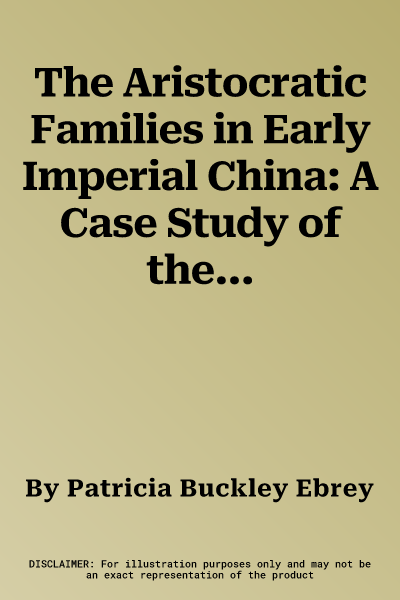Patricia Buckley Ebrey
(Author)The Aristocratic Families in Early Imperial China: A Case Study of the Po-Ling Ts'ui FamilyHardcover, 30 June 1978

Temporarily out of stock
Free Delivery
Cash on Delivery
15 Days
Free Returns
Secure Checkout

Part of Series
Cambridge Studies in Chinese History, Literature and Institu
Print Length
240 pages
Language
English
Publisher
Cambridge University Press
Date Published
30 Jun 1978
ISBN-10
052121484X
ISBN-13
9780521214841
Description
Product Details
Author:
Book Format:
Hardcover
Date Published:
30 June 1978
Genre:
Asian - General
ISBN-10:
052121484X
ISBN-13:
9780521214841
Language:
English
Location:
New York
Pages:
240
Publisher: